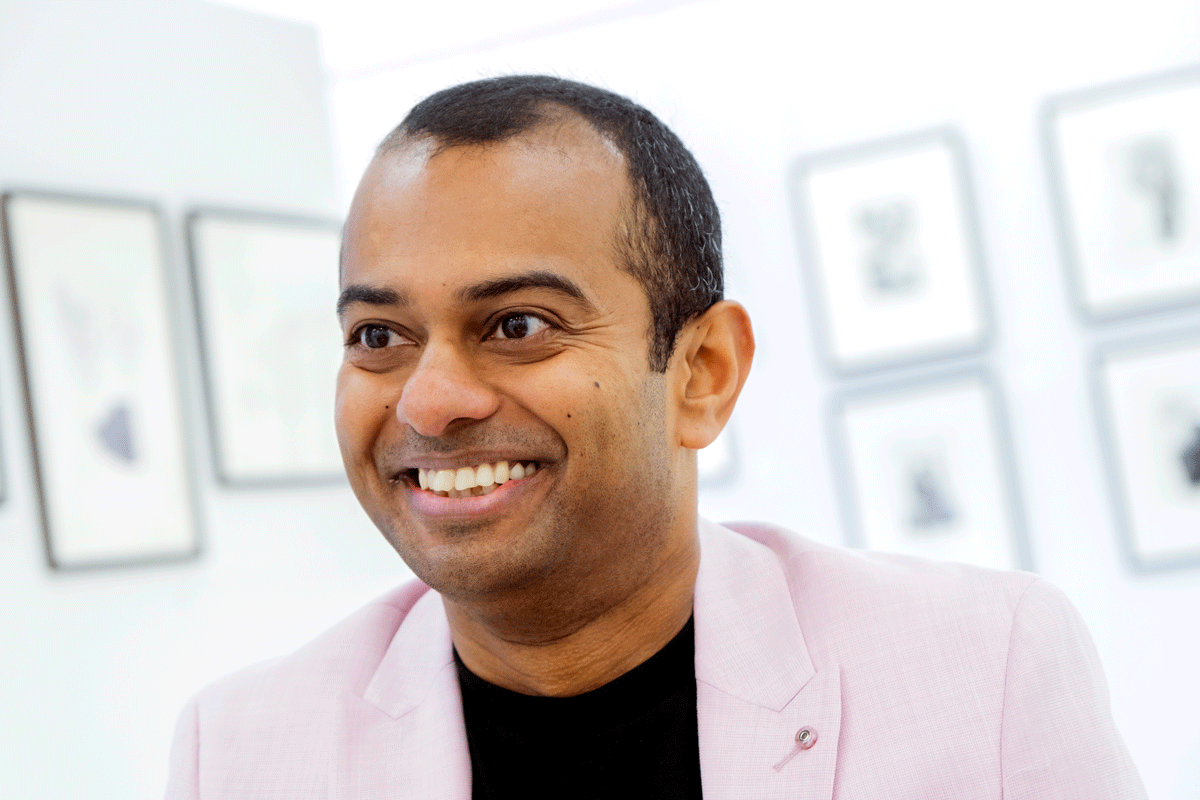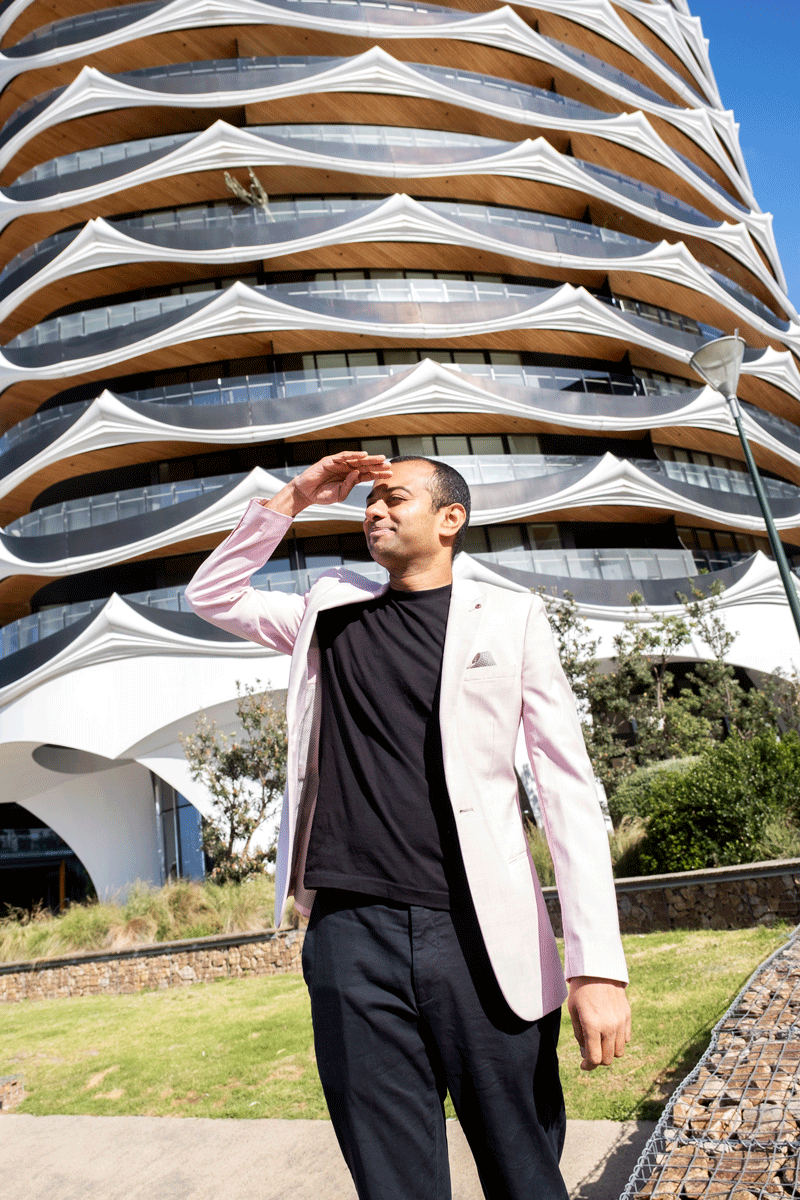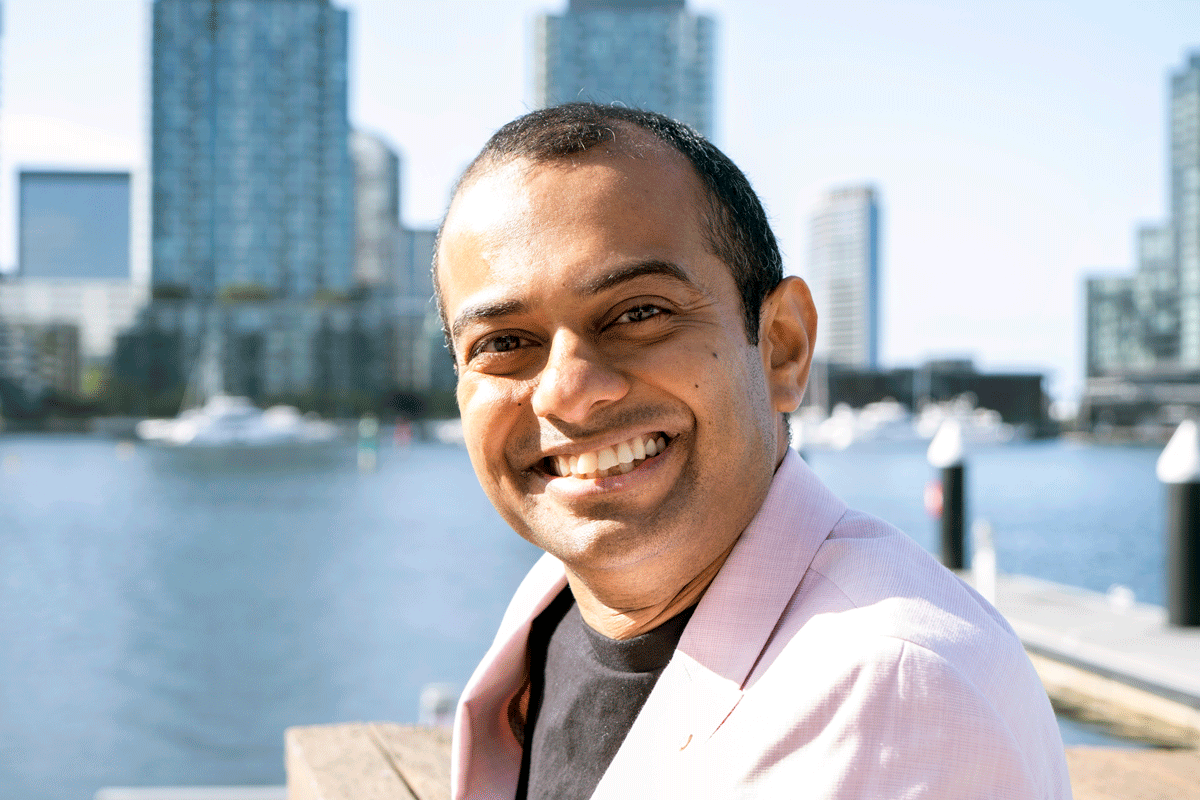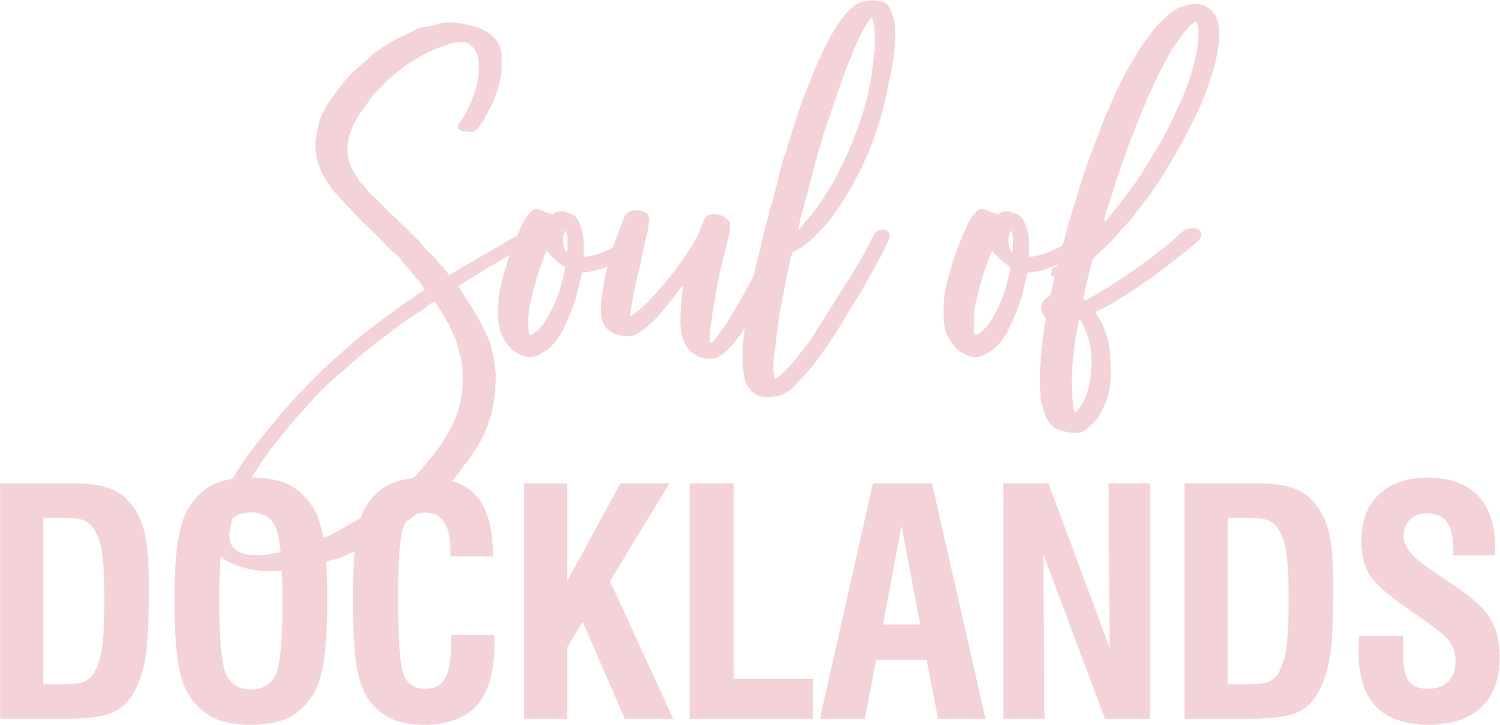" In every role that I've taken, I've always chosen them based on the impact I can have."
RESIDENT, AUTHOR & CONSULTANT
Dr Kaushik Sridhar's journey spans continents, from South India to Nigeria and the United States, where he honed his tennis skills under John Newcombe. In 2006, Margaret Court's invitation brought him to brought him to Albury, NSW. Transitioning from tennis coaching to sustainability, Sridhar left a mark across diverse sectors, driven by his passion for environmental and social change. His career, spanning consultancies, mining, healthcare, aged care, and real estate, reflects a commitment to meaningful impact.
Dr Sridhar's life, marked by challenges from surviving a plane crash to facing threats in Nigeria, shapes his philosophy on resilience and seizing opportunities. Inspired by personal struggles and influential figures, his forthcoming book imparts life lessons on navigating adversity.
With an ethos of "What's the worst that could happen," Sridhar fearlessly embraces uncertainty, epitomizing the philosophy of living life to the fullest. His upcoming journey to Syria underscores his adventurous spirit, inspiring others to embrace life's uncertainties and pursue fulfillment amidst challenges.
Who is Kaushik?
-
I was born in South India, but I grew up in Nigeria, West Africa, when my family moved when I was 2 years old. When I was 12, I moved to the USA on a tennis scholarship and trained with about 20 other kids with John Newcombe, played on the tour, played around the world. In 2006 I came to Australia to work as a tennis coach with Margaret Court after she rang me out of the blue! She asked, “Do you want to come and build a tennis academy with me?” Throughout my time there I've impacted 3-year-olds through tennis coaching to 83-year-olds in aged care.
In 2007 I quit tennis permanently and began my second chapter working in sustainability, climate change, human rights, and community volunteering with large corporates.
I moved to Melbourne from Sydney and met my wife there within 6 months. We came to the Docklands because we thought it ticked every single box. You've got the water; you've got convenience and the proximity to the city. On top of all that, Docklands is a peaceful community and very diverse. We've been here for many years now and haven't looked back. We bought our own place here and absolutely love it.
It feels like I'm living in a CBD without being in the CBD if that makes sense. I’ve always been attracted to tall buildings. When we came to Docklands, my wife really fell in love with the water, and I fell in love with the architecture. I've lived in Albury in South Carolina, in Lagos, Nigeria, all these different places. We didn't have huge skyscrapers. New York was always the place I wanted to live as a kid because it was just like a fantasy world. So, Docklands really drew me in because from far away it just looks like a big city. When you come in close though, it’s peaceful. I like that I can have that peace and quiet, but I can also get the feel of a kind of New York-style hustle if I want it.
-
I think not a lot of people can say that what they do can impact the environment and people daily. Of course, if you really dig into a person's role, you might find that connection, but for me it's explicit. I have worked for some of the world's largest consulting firms, I’ve worked for mining companies, healthcare, aged care, and real estate, and I teach at universities like Melbourne and Monash. In every role that I've taken, I've always chosen them based on the impact I can have.
Working with the mining industry was also a tremendous opportunity for me to work with First Nations people and to have an impact in that social space. In the real estate sector, I had the opportunity to influence the built environment and make buildings smarter, and more energy efficient, while at the same time more human-centric, more wellness wellness-focused. In aged care the people in the homes and the villages are at a particular stage in their life and if I can do anything to enhance their final chapter, that gives me a lot of satisfaction. I love what I do.
-
People always giggle when I say I live in Docklands or will say,” It's a concrete jungle, it doesn't have life, it doesn't have nature.” I always respond that it’s about perspective, you know? Why would you visit Australia rather than visiting Syria? Or why would you visit Syria as opposed to Australia? Perspective. You look at things through a lens, and that’s what is real for you. For me, my perspective is what matters, so before I came to Docklands, I was very unbiased. I expected nothing from anything and just went in with an open mind.
My wife is from Mauritius. When she first came to Melbourne, she was taking her now-deceased dad around, showing him around Melbourne. When they were walking through Docklands she said, “One day I will have a home here,” this was ten years before she met me. Her father was visiting from Mauritius and said, “This is the coolest part of Melbourne I have seen.”
I think it’s about that sweet spot we all look for in life. Docklands has that sweet spot. It's got the beauty of many things without all the hustle.
-
We have some lovely sunsets and sunrises here. I'm not a photographer, but one way I try to connect is by sharing some of the lovely views from our apartment and the memories that go along with them on social media. There are some very active social media groups for Docklands, especially on Facebook, that also organise lunches, networking sessions, and other opportunities to get to know your neighbours. Many of my former colleagues from KPMG live in Docklands as well, and I catch up with them when I can.
My wife and I try to frequent a different restaurant a week just to spread the love, but also to try new things. We also go to the Hoyts cinema in the evenings to have a chai, not necessarily to see a movie, just to people-watch. It’s a thing for us, we love the feel of the theatre and sitting in the back drinking a chai.
We enjoy walking through The District, this is my wife's favourite spot, without this she'll not feel complete. She must do a round of The District Docklands once or twice a day and just get a sense of what's happening. For me, it's walking by the water and going to the library. The library is a cool spot. The Brotherhood Cafe is our daily local for coffee. We're friends with the owners there and we like to support them as much as we can.
-
The secret of Docklands is while it might seem a very simple and straightforward suburb, it's not. If you take the time to explore, there are little nooks and crannies, street art, coffee shops and little things that you will find here and there. I think the beauty of Docklands is that it hasn't been explored to its full potential. People will be surprised; my wife and I are surprised almost every time we go for a walk.
I’ll tell you a little story. In February 2020, my dad went into ICU for something much worse than COVID. He was about to die, and my mum was half-sick with grief. I'm an only child, and in that March, I was supposed to go back home and care for him, for both. The flights were scheduled for April, but the borders closed and there were no flights leaving or coming into Australia. Then, in May with two days' notice, I was made redundant from my dream job. We became a single-income family during COVID lockdown.
Now the way that I deal with things is very quick, but it's intense. I said I'm leaving the house. I've never done this. I left and walked to the other side of the harbour. I looked at the water and I wept for a good 3 minutes. I just wept, I didn't care who saw me, but I looked at the water. I looked at the night skyline of Docklands, the night skyline. Then something just clicked in me, I went home, smiled, and told my wife that everything would be fine. I just lost a job. It's not a bad thing. Who cares? Let's see what else is out there.
The next four months were some of the best months of my professional career. The book that I wrote was triggered by that experience and it all started with me looking at the water. It made me who I am today.
-
My life was very turbulent as a child. I almost died in a plane crash; I’ve had a gun pointed at my head three times in Nigeria. When I went to America as a tennis player for a whole year, my parents were in Africa. I was there in Texas. Six boys beat the absolute hell out of me. That's probably 5% of some of the life experiences I've faced.
I guess what I've learned through life is that when you have a plan, it's good to have that thing to look forward to. When you wing it, though, you will be surprised at what might come your way, through some of the most desperate times. My life experience has taught me a lot of things and made me who I am today.
The book came from my wife, a couple of CEOs and chairmen of some of Australia's biggest companies, and some famous athletes who are my friends. I did a couple of TED talks and some people said there's something in this, you should try and spread that message because a lot of people are suffering. My wife was one of them, and that’s in the book, that suffering.
So, this book is a little bit about my life, but it's got 20 life lessons in there on how to take life more easily, how to just take a chill pill and how to be successful through your own definition of success.
That's where the book came from, and the subtitle is ‘What's the worst that could happen’. So now, sitting looking at the water and the skyline, I told myself, my dad's still alive, I have a home in Docklands. What's the worst that could happen?
I'm going to Syria soon. Some have said, “What's the worst that could happen, Kaushik?” I said I could lose my life but it’s not that bad, because I've lived. I'm not afraid.
I quote, Mae West, “You only live once, but if you do it right, once is enough.”
-
I don't know if Melbourne has really appreciated or absorbed how the soul has evolved for Docklands over the years. You know, some things may have been rushed, but there can be advantages to rushing. Sometimes you just must make it happen and then tell that story. Melburnians probably need to understand what the meaning is of the soul of Docklands and how it fits into the Melbourne puzzle.
Docklands, I think, complements the Melbourne story. Where else here can you find an apartment right on the water, next to the shopping centre and in a free tram zone, within shouting distance of the central business district? You won't get that in many parts of this world, let alone Sydney or Australia.
-
Docklands is still growing, still trying to find its identity. People say that Docklands has no soul, but that’s not true. There is a soul here, but Docklands is young, and I think Docklands’ soul is still trying to find its identity, but the soul is not hard to find. Just go look for a bit and you’ll find it.
Rather than putting more things in place, more of the same, the next five years should be more about storytelling, and the value proposition of Docklands. If that can be articulated in a very coordinated, smart, strategic communication strategy that will help this precinct a lot more than just putting things in here.






Dr Kaushik Sridhar
Learn more about some of Kaushik’s favourite spots in Docklands.



